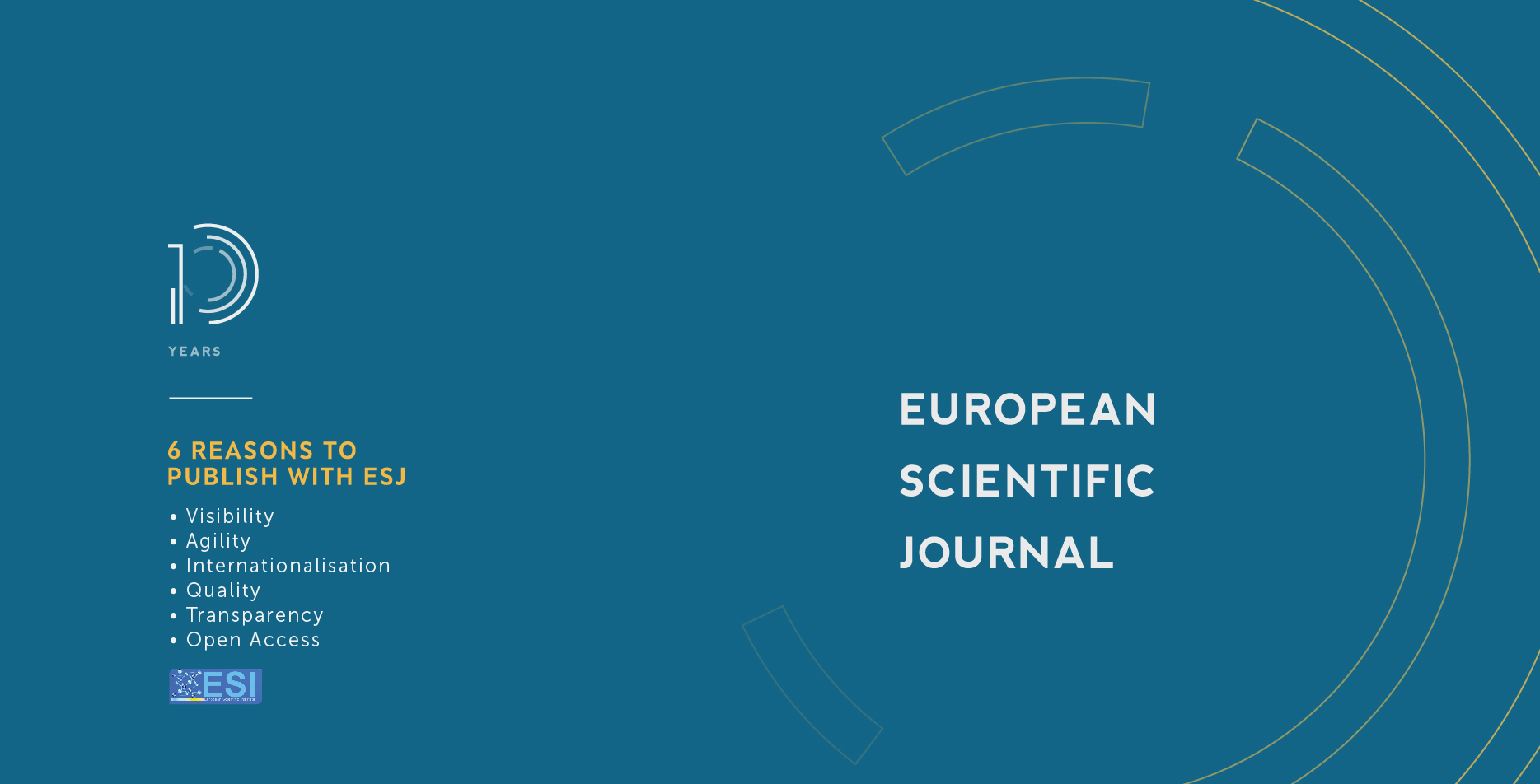Ethnobotanical Study Of Medicinal Plants In The Fight Against Buruli Ulcer In The Maritime Region Of Togo
Abstract
Background: In Togo, few data are available on the traditional treatment of Buruli ulcer, so this study aim to inventory and identify the plants and recipes included in the herbal medicines in the maritime region where this disease is more common. Method: The methodology was based on ethnobotanical semi-structural individual interviews of 16 traditional healers in the maritime region. The Data were collected and analyzed in Microsoft excel 2013. Results: 10 of the traditional healers were male and the average age of all the respondents was 42.31 ± 4.24 years. A total of 27 plant species belonging to 20 families were identified. The most represented families were: Caesalpinaceae with 3 species, Euphorbiaceae, Apocynaceae, Asteraceae, Sapindaceae and Annonaceae with 2 species each. In the preparation methods, the decoction is the most used (37%), followed by the black powdered incorporated in an ointment (24%), the maceration (15%), the infusion (12%), the spraying (6%) and poultices (6%). These modes of preparation, were administered mainly externally by massage, disinfection of the lesion and orally. The most used parts of the plants were leaves (48%), roots (21%), and bark (10%). The species with the highest frequency of use were Blighia sapida KD Koenig, Amaranthus spinosus L, Ocimum canum Sims, Piliostigma thonningii (Schum.) Milne-Redh, Aloe verra L, Anacardium occidentale L, Paullinia pinnata L and Xylopia aethiopica (Dunal) A.Rich. Conclusion: By highlighting these plant species of interest, this study has an applicability in therapeutic innovation. It can contribute to the chemical, pharmacological and clinical evaluations of their molecules leading to development of phytomedicines to produce new drugs to strengthen the already existing therapeutic arsenal.
Downloads
PlumX Statistics
Copyright (c) 2020 Tchalare Kondi Makagni, Efui Holaly Gbekley, Yao Hoekou, Maman Issaka,, Passimna Pissang, Kodjovi Agbodeka, Tchadjobo Tchacondo, Simplice Damintoti Karou, Komlan Batawila

This work is licensed under a Creative Commons Attribution-NonCommercial-NoDerivatives 4.0 International License.








